What is Acupuncture?
Acupuncture originated in China thousands of years ago and has been used to restore, nurture and sustain optimal health. Initially, acupuncture was used as a form of preventative medicine, correcting small imbalances in the body, mind and spirit before they developed into more serious diseases. The ancient Chinese believed that qi (vital energy) flows through the body along pathways called meridians. During an acupuncture treatment, a needle is inserted into points along the meridians, just below the skin’s surface, to affect the flow of this vital energy and balance the flow of qi.
What is five-element Acupuncture?
There are many different styles of acupuncture. Classical Five-Element Acupuncture (CF-EA) is based on the laws of nature and its ability to recover in its own time. Think about how nature recovers after a wildfire or the purpose behind controlled burns. Nature regenerates by re-sprouting and the land moves through stages to return to a state of relative stability. It is like hitting a “reset” button on the life cycle of the earth. Humans are designed to heal, rejuvenate and recover in this way. Our qi is designed to flow so we live in the world with purpose, vitality, inner strength and resilience, moving toward the full potential of our own ecosystem. CF-EA addresses the root cause of imbalance or "dis-ease" in the body by treating the whole person- body, mind and spirit. By restoring balance and harmony, the body can begin to heal from within to provide an effective and long-lasting experience of wellness.
-
In holistic terms, balance refers to the state in which all the systems of the body are working optimally and the body mind and spirit have equal and positive influences on a person’s health. A state of balance is essential to be healthy.
-
We refer to harmony as the smooth, open communication and interactions between the systems of the body to each other and to the mind and spirit. Without harmony, there is no health.
-
Holistic healthcare, sometimes referred to as alternative medicine or complementary care, refers to treatment options that address the physical, mental, emotional, social, and spiritual components of health. These approaches to wellness are generally not included in conventional medicine practice. Holistic healthcare can enhance conventional treatments and support a person’s ability to restore health.


